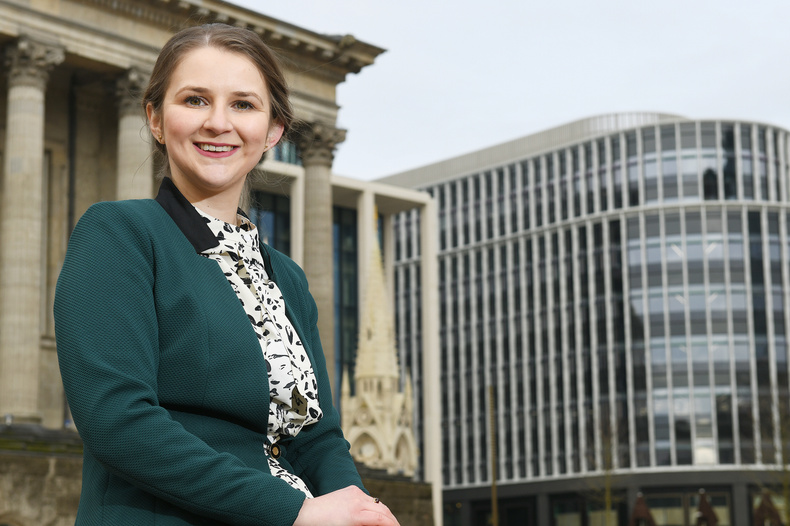Banging the drum for 'integral ' hospitality sector

An impending cabinet reshuffle, further phasing out of Covid support, a three-year spending review and a Government comfortable enough to break manifesto pledges, writes Henrietta Brealey.
It 's safe to say there are some interesting months ahead - and not just for the perennial watchers of political and policy theatre. The decisions being made are having a direct impact on Greater Birmingham 's business community and the people they employ - and will do for years to come.
Take the health and social care levy announced last week. From April, a 1.25% increase in National Insurance will be applied to both employers and employees alongside a 1.25% increase in dividends tax. While almost all will be united by a desired to see the NHS and social care properly funded, this tax will do two things 1) increase direct costs for businesses at exactly a time when many are still reeling from the pandemic and facing significant cost pressures, 2) directly break a 2019 Conservative Party manifesto pledge to not raise the rate of income tax, VAT or National Insurance.
Of course, the Prime Minister does argue that no one saw the pandemic, and its knock-on impacts on treatment and appointment capacity waiting times, coming when the manifesto was written (although the funding gap for social care has long been a gigantic, neon coloured, fog horn blaring elephant in the room). But what this decision means is that the choices that the government is about to make can 't be accurately predicted based on their past promises. They are feeling bold and resilient enough in their majority to make big moves.
In and amongst all of this the Greater Birmingham Chambers of Commerce, led by our head of policy Raj Kandola, are working hard to shout out for local businesses while communicating what all of this means on a practical level. Our current manifesto The Final Hurdle? sets out key long-term reforms that businesses need to see across areas such as business rates and sustainability of Covid-19 business debt long term alongside short-term tactical measures. Consultation is underway with our Chamber Council, individuals elected from our membership to steer GBCC policy and lobbying priorities, on further spending review priorities.
But, while we are looking ahead to longer term policy decisions, we cannot forget about the here and now and the industries still reeling from the impact of the last 18 months. This week the Chamber are teaming up with some well-known names in hospitality in the city-region to make the case for an extension of the reduced 5% VAT rate for hospitality activities beyond 31st September and an extension of business rates relief.
While a number of sectors of the economy are seeing the fruits of economic recovery, some are still feeling the full force of ongoing Covid related disruption. As it stands we have a labour market, turned on its head by Covid and Brexit leading to reduced capacity, rapidly increasing wages for certain roles and with that - squeezed margins for beleaguered businesses under huge pressure. On top of that, we have supply chain disruption arising from HGV driver shortages among other factors, that are playing havoc with impacted businesses ' ability to source the goods they need and plan ahead.
Hospitality has again been at the forefront of these latest developments. It's currently not an unusual experience to see hospitality businesses with “staff wanted ” signs in the window and items crossed off the menu as “temporarily unavailable due to supply issues ”. All this, while many manage Covid-19 related debts.
This hospitality sector is hugely important in economic terms. In 2019, it contributed £59.3bn in GVA to the UK economy - the equivalent of 3% of total UK economic output. In the three months to September 2020, there were 2.38 million jobs in the hospitality sector in the UK which accounted for 6.9% of total employment in the UK. In total, hospitality businesses represent 3-5% of businesses in each region. More than that, our local hospitality sector is an integral part of what makes Greater Birmingham a great place a great one to live, work and visit.
That is why we, alongside some key figures from the region 's dining and hospitality scene, are shouting about this brilliant sector this week and beyond.
We will also continue to make the case for local businesses more widely over the coming weeks and months.
Henrietta Brealey is chief executive of Greater Birmingham Chambers of Commerce
This column first appeared in the Birmingham Post
